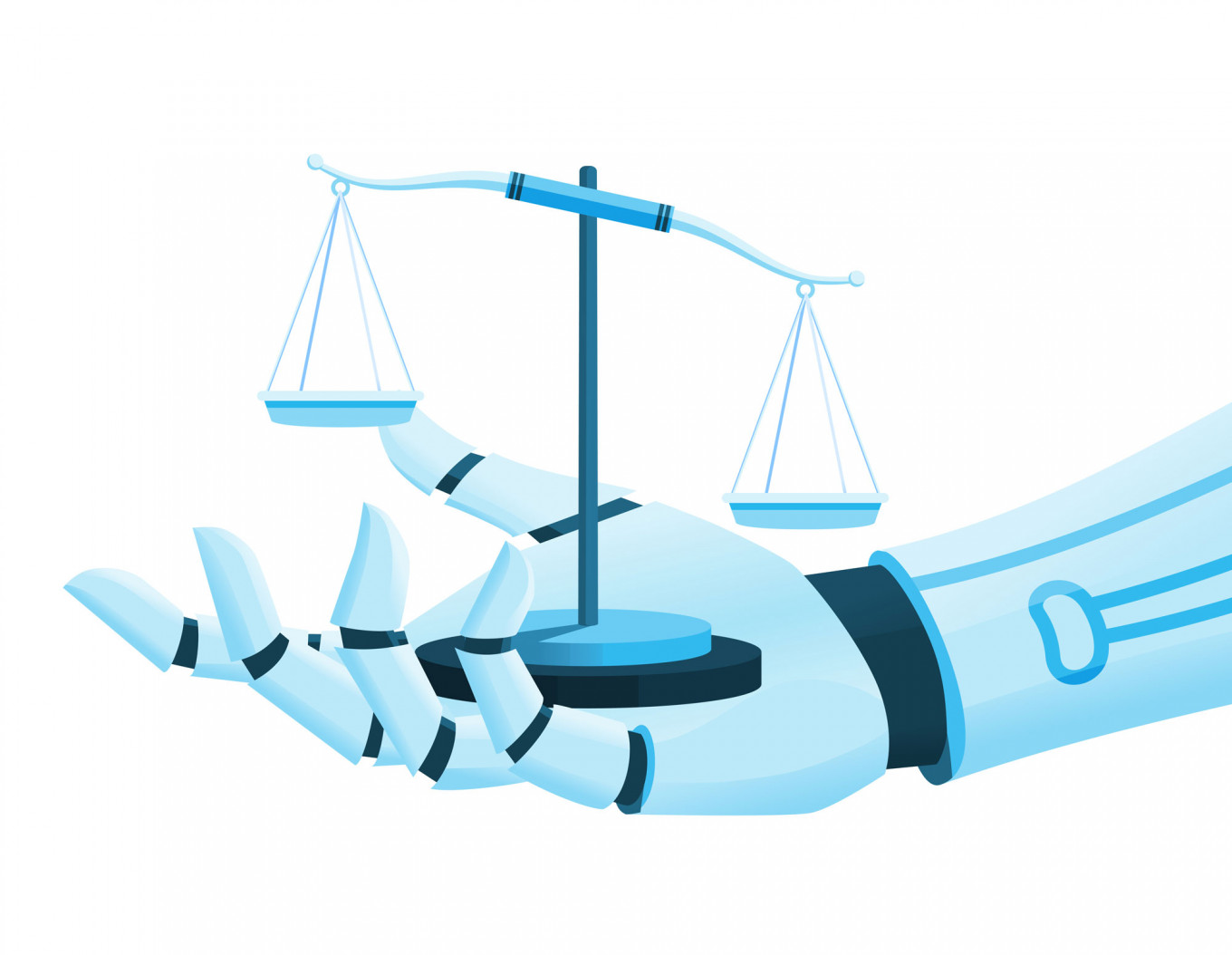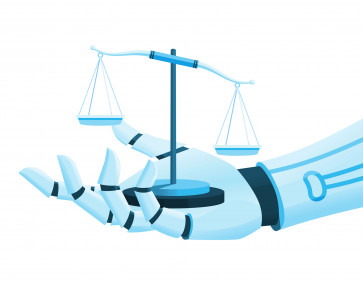Popular Reads
Top Results
Can't find what you're looking for?
View all search resultsPopular Reads
Top Results
Can't find what you're looking for?
View all search resultsAI in the 2024 Indonesian election: Is having ethical guidelines enough?
Unfortunately, this Circular is just another AI ethics recommendation and only based on voluntary participation. As a result, ethical violations are not promptly and thoroughly addressed.
Change text size
Gift Premium Articles
to Anyone
“The result of a consistent and total substitution of lies for factual truth is not that the lie will now be accepted as truth, and truth be defamed as lie, but that the sense by which we take our bearings in the real world—and the category of truth versus falsehood is among the mental means to this end—is being destroyed.” (Hannah Arendt, 1973)
Artificial intelligence (AI) has evolved from a science-fiction realm into our everyday life. The growth of AI has been exponential, and it is becoming more difficult to avoid its usage. AI permeates our lives from the voice assistants on our phones to the virtual backgrounds we use for video calls to the meeting minutes that are automatically generated, and many more.
During election periods, AI is also being employed in the political sphere. Take, for example, pemilu.ai, which provides a political consulting service that uses AI to create political content. With just a single click, politicians can generate content that is tailored to their specific needs, similar to ChatGPT by OpenAI. AI is also used for facial enhancement of the politicians for their youthful appearance and physical attractiveness shown in posters and banners. While reality is being constructed by AI, no one raised any objections or complaints to the creators.
Read also: Preparing a tech-savvy generation
Generative AI is also utilized extensively. The latest generation of AI can generate images, videos and voices that can be challenging to distinguish between the genuine and the counterfeit. It was previously reported that Gen AI videos could not blink, but this is no longer the case. Their eyes can now blink, which makes them even more lifelike. Previously, AI characters looked stiff and unnatural, but now they can be made to look so realistic. In tandem with this growth in AI is an expanding body of documentation regarding how such advanced technologies should be governed and managed. At least 470 documents encompass the legal, social, ethical and policy issues around AI have been identified, as of May 2021.
Last December 2023, Indonesia’s communications and information minister passed on Circular Letter No. 9/2023 concerning ethics of artificial intelligence. The circular urged businessmen and electronic service operators (ESO) who want to implement programming based on AI in Indonesia to uphold 9 values, including inclusiveness, transparency, credibility and accountability, security and others. Unfortunately, this circular is just another AI ethics recommendation and only based on voluntary participation. As a result, ethical violations are not promptly and thoroughly addressed. Among digital rights activists and academics, the circular is considered to be “faint” and “unconvincing”. Especially in comparison with the effort of the European Union to draw a line between what is allowed and what is not with AI technology.



















